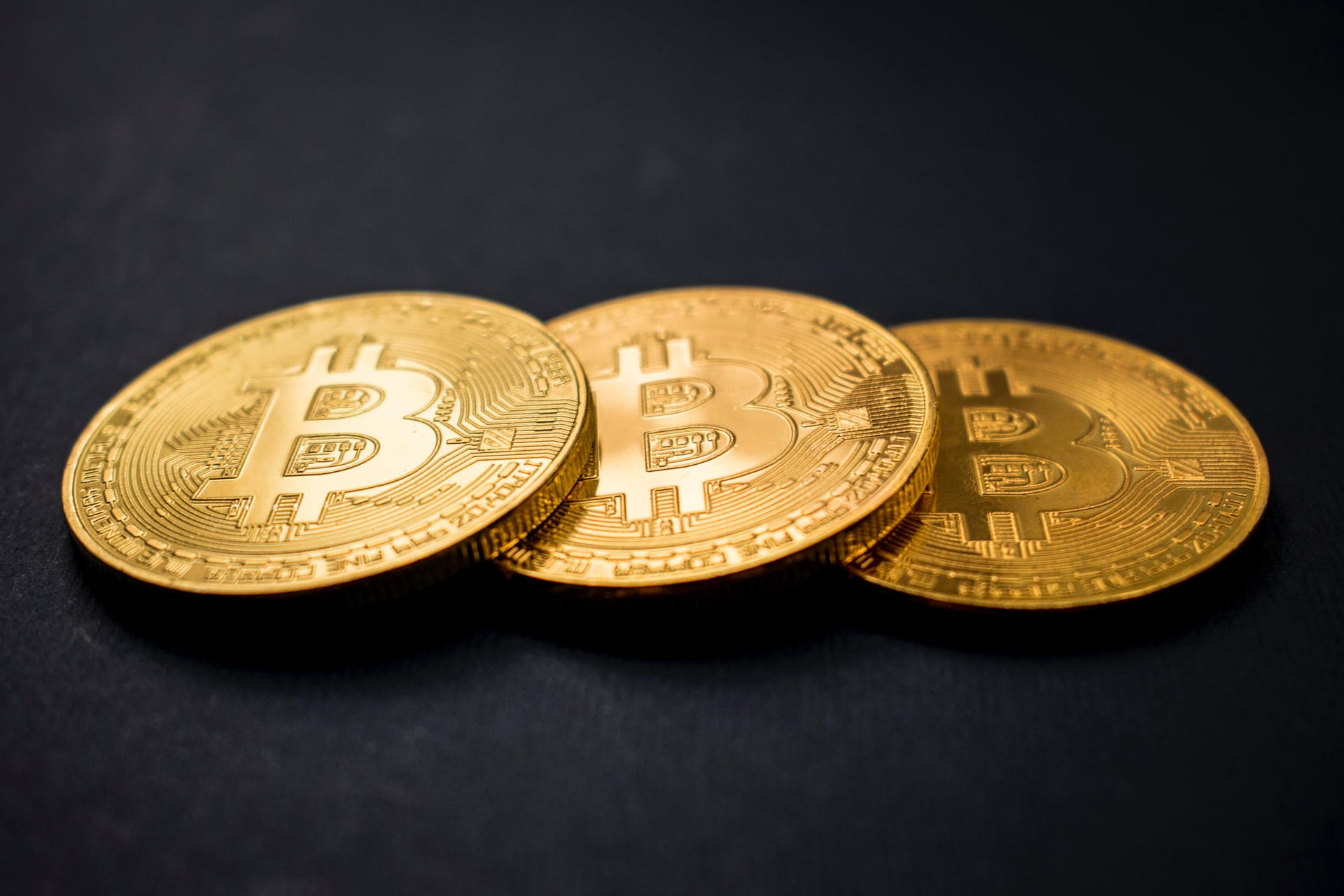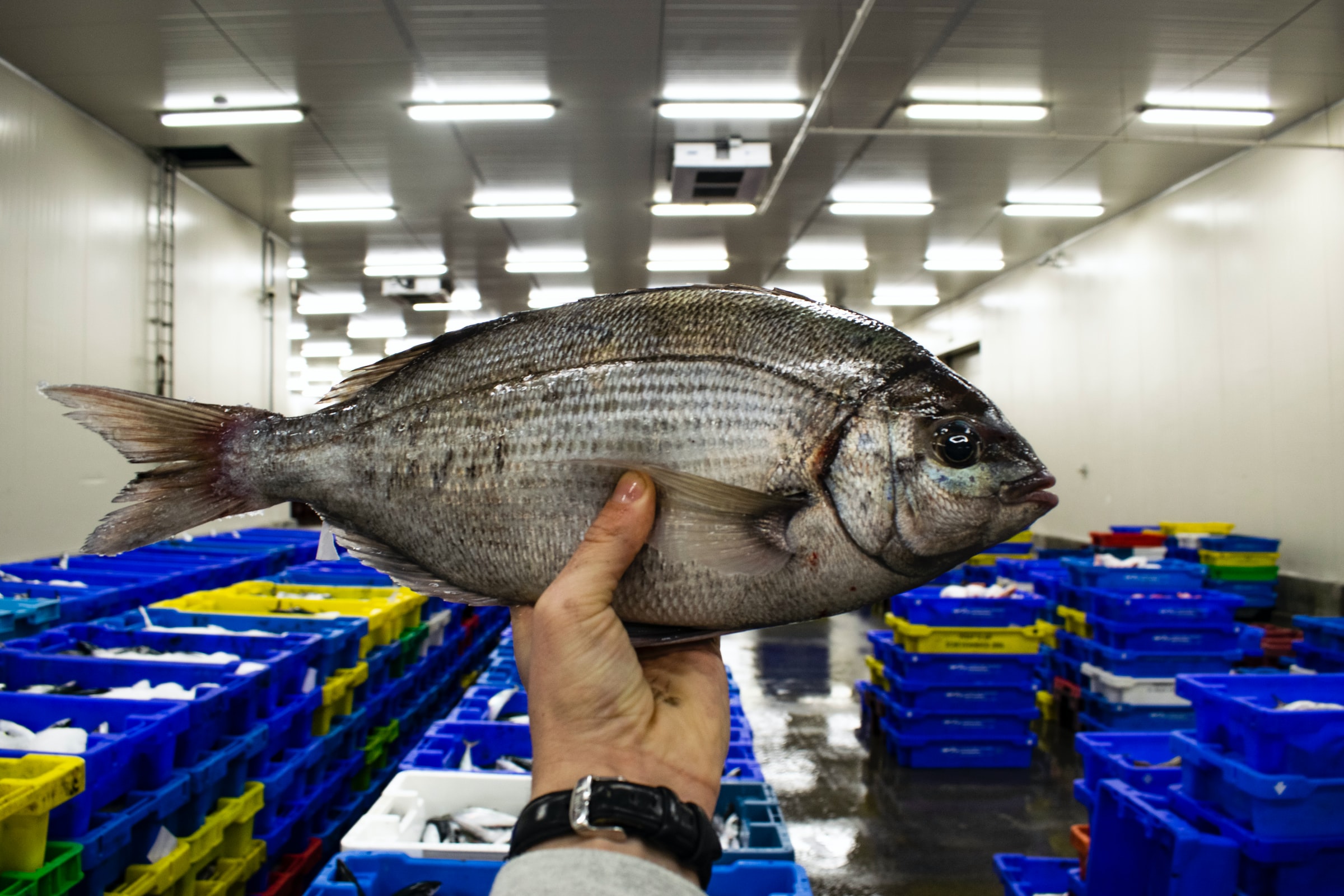Back in 2016, an Australian startup named AgriDigital was used to fulfill the first blockchain-secured Aussie grain transaction.
The transparency and extra level of security afforded by blockchain quickly grew a steadfast user base – and facilitated payments for over 1.6 million metric tonnes within the span of 2 years.
As of today, AgriDigital reports over 6000 active customers and over AUD 3 million worth of transactions – and it seems grain tycoons around the world have taken notice.
Europe Follows Suit
In 2018, a pilot blockchain transaction involving wheat grown in the Black Sea basin left Novorossiysk. Two years later, the results of more test runs carried out in Brazil, Japan, Algeria, and Ukraine are in – and Swiss firm Cerealia SA has launched its blockchain-based grain trading platform.
Andrei Grigorov – the CEO of Cerealia – stated that although the Russian wheat market pulls in numbers even in its current state, it could be improved. Blockchain was the technology chosen to enable more streamlined transactions involving grain – one of the main crops worldwide.
“Traders can now be 100% certain they really did the trade, versus traditional over-the-phone brokerage. Instantly, they have digitally signed contracts and blockchain-registered records forever.”
Russia is currently the number one producer of wheat worldwide – but Russia also produces large quantities of barley, vegetable oil, corn, and other grains such as buckwheat.
Cerealia SA representatives say that in the first week alone, transactions on the new blockchain-based platform have nearly reached 20 thousand metric tons of grain.
Earlier this year, France, the Netherlands, the USA, and China also put together a blockchain platform for grains grown in Brazil – another one of the world’s breadbaskets.
Grain is only one Australian crop secured by blockchain, however – earlier this year, the Australian Government provided AUD 150,000 in funding for Entrust – an agricultural blockchain platform rapidly gaining traction.










